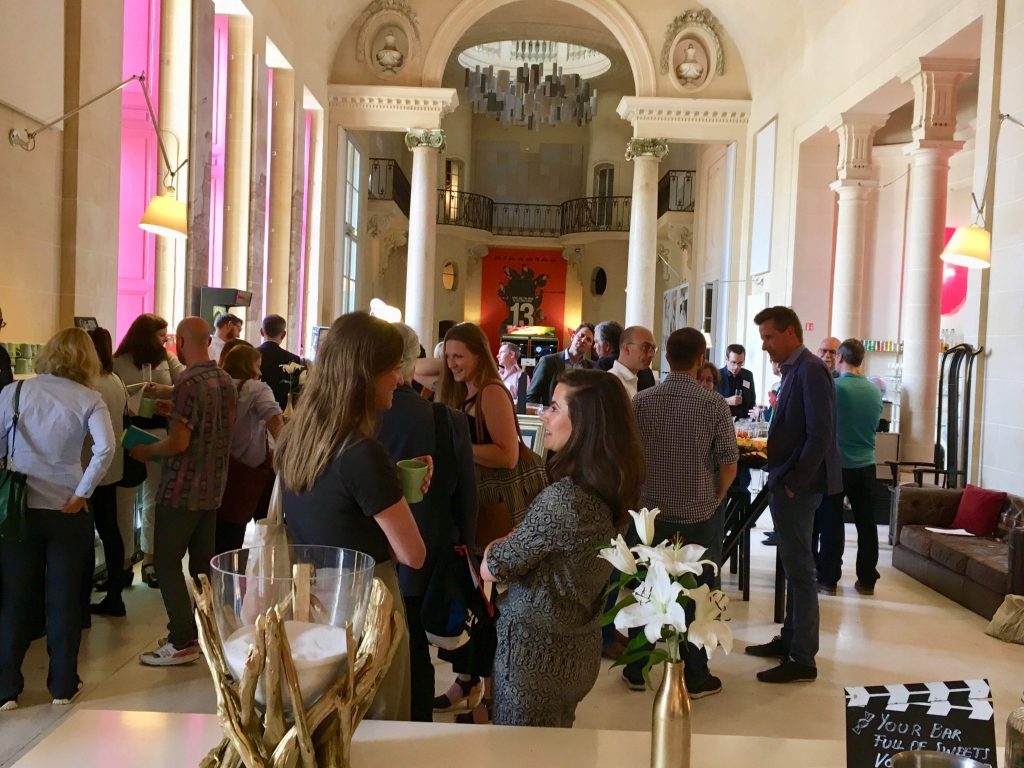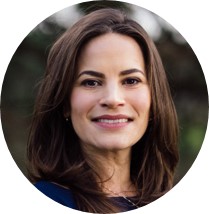Journalism Funding in Europe
Reflections and key lessons from the Journalism Funders Forum
“The news industry is in a tough place – and it’s getting tougher, but targeted philanthropy can be effective”. So reads the partly grim, partly hopeful message from prof. Rasmus Kleis Nielsen, director of Reuters Institute for the Study of Journalism to us, a crowd of philanthropists and media representatives gathered at the Journalism Funders Forum earlier this month. Our collective task now is to carve out how to be most effective in funding journalism.
In early June, the European Journalism Centre brought together a group of 50 people from the worlds of philanthropy and media for two-day mini conference close to Paris. The goal of this meetup, that built on previous editions across Europe: figuring out how to collaborate better with each other and how to better align media grant making with needs in the field. Funders, journalists, academics and technologists dedicated two days to come up with answers to these challenges, especially relevant given the context of a business model in decline and media freedom under pressure.
This edition of the Journalism Funders Forum was funded by a group of six donors, including the foundation I work for, Adessium Foundation. Having been active as a journalism funder for over a decade now, we considered it important to contribute to this event for two reasons: first, although we are very happy with a burgeoning interest in journalism from many new funders, it still feels a little lonely in the European funding space. By way of illustration: in Alliance Magazine’s special issue on media, Eric Karstens, consultant to the European Journalism Centre, estimated the total amount of philanthropic funding available for media is $1,3b, with only 6% of that amount flowing to Europe. Not enough, by far, to address the challenges that independent journalism in Europe is facing. Secondly, the funding space is occupied with a great variety in donors and their agendas, which is enriching and encouraging, but which also requires more coordination to increase overall effectiveness.
Independent journalism should be considered not (just) as an instrument to highlight certain specific issues, but first and foremost as an essential building block of democratic societies.

The solutions developed at the Journalism Funders Forum are still being updated and under construction as we speak, but at least six core lessons can already be drawn from the conversations held in Paris:
- independent journalism should be considered not (just) as an instrument to highlight certain specific issues, but first and foremost as an essential building block of democratic societies.
- core funding is key, but this notion begs awareness raising and wider adoption among philanthropists.
- targeted grant making can alleviate the struggle to survive for some outlets in a news environment that will become even more difficult in the near future.
- the notion of ‘media capture’, describing growing concentration of ownership and government involvement in public and private media, can serve as a useful lens to identify valid entry points for philanthropy.
- funders should do much more to pool their grantmaking and knowledge for greater impact.
- funders and journalists should identify shared objectives in a language they both understand, and work from there.
The challenge now is to turn all these good ideas and intentions into concrete actions; get even more European foundations active in this space; and increase the amount of funding available for journalism. The Journalism Funders Forum demonstrated a new and increased sense of community and purpose around independent journalism as an object of grant making. A hopeful sign in a media landscape with a lot of good journalism, but heavily challenged.
by Merel Borger, PhD, Adessium Foundation

Merel Borger is Program Manager of the Public Interest Program at the Adessium Foundation, a family foundation from the Netherlands, founded in 2005. Merel holds a PhD in Journalism Studies and worked as a journalist for the Dutch public broadcaster prior to joining Adessium Foundation.
Further reading:
Six ways to boost media philanthropy in Europe by Biba Klomp, European Journalism Centre
